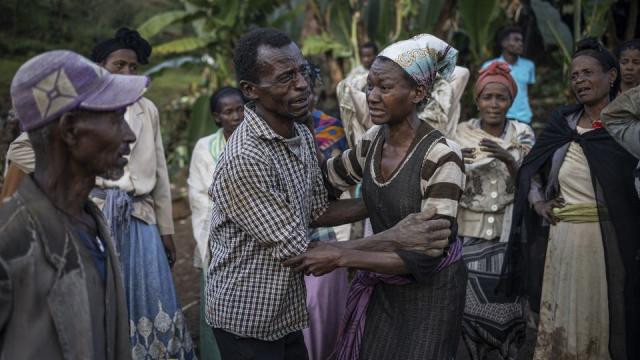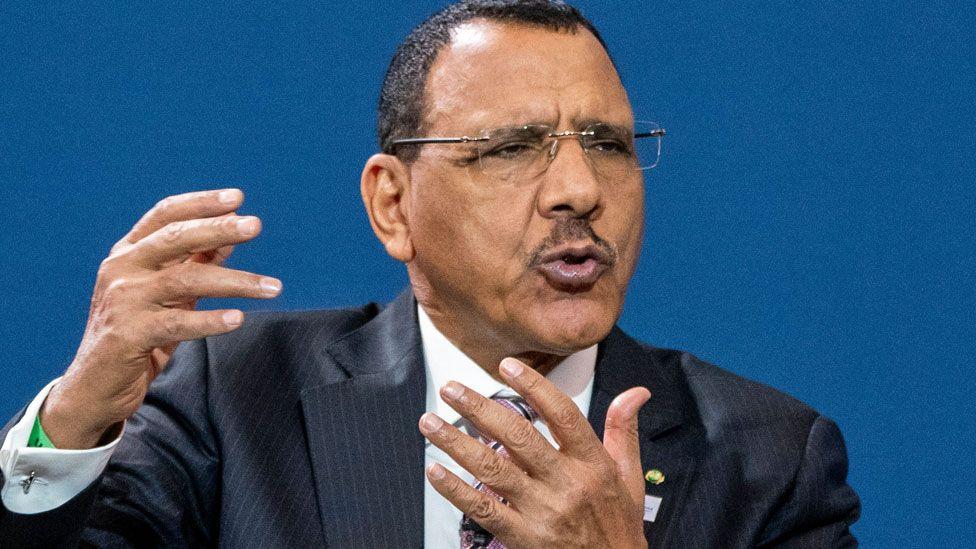
Tunisia’s journalists’ syndicate on Friday strongly condemned state censorship of the mass media and accused authorities of stifling freedoms in a nation grappling with a severe political and economic crisis.
“The freedom of the press is increasingly repressed and the authorities are adopting a policy of lockdown and censorship to enforce their control over the media, particularly state media,” the head of the SNJT union, Mehdi Jelassi, told a news conference.
He stated that instances of censorship have been documented on national television programs, the TAP news agency, and the state-owned newspaper La Presse.
Jelassi contended that this form of systematic censorship seeks to eliminate the presence of opposition voices or civil society organizations from both broadcasts and the press.
The syndicate also condemned the “intimidation” of journalists through politically motivated judicial prosecutions and interrogations.
Jelassi highlighted a specific case involving a journalist at the privately-owned Mosaique FM, who was recently handed a five-year prison sentence on appeal for publishing information related to a security operation.
“This is the heaviest penalty ever recorded against a journalist” since the country’s 2011 uprising that toppled former dictator Zine El Abidine Ben Ali, added Jelassi.
In the past two years, both local and international human rights organizations have cautioned about a continuous descent into authoritarianism following President Kais Saied’s seizure of power on July 25, 2021.
In early August, Saied called in Awatef Daly, the CEO of the national television network, to criticize the content order of the evening news broadcast, stating that the selection was not without purpose.
His reprimand, which was published on the presidential website, triggered a wave of criticism among journalists.
The SNJT at the time denounced the move, urging Saied to “respect the independence of the media”.




